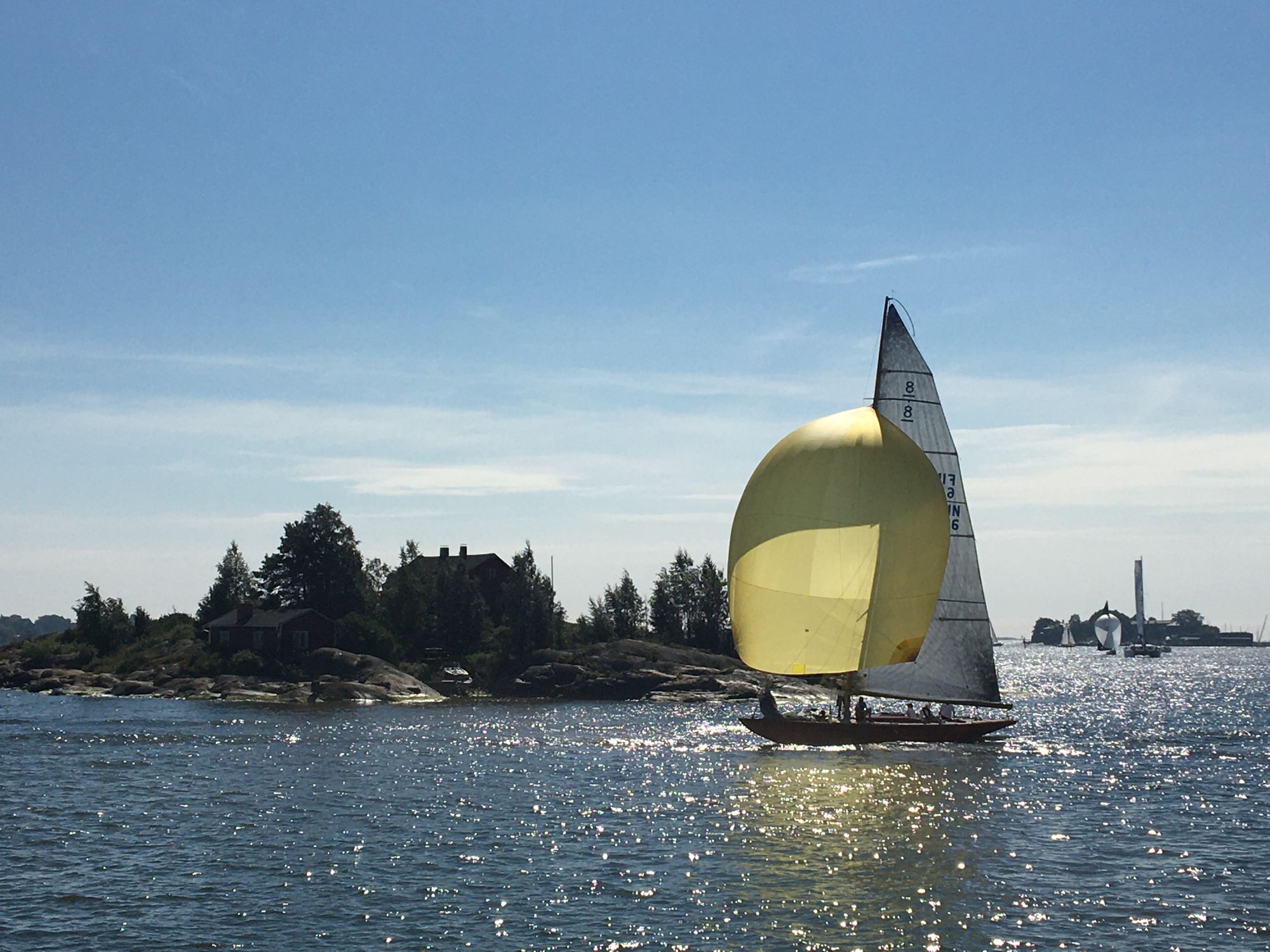By Xander Brett, Travel Editor
The Croft Magazine // Travelling as a student either side of the Nordic superpower, its clear obedience remains even in independence.
Last month I left off in Estonia: a small country which, now I come to think of it, isn’t too dissimilar to Slovenia in the Balkans… which I’ve also had the pleasure of visiting (truly one of Europe’s hidden gems). Well, extending that trip, I took a ferry from Tallinn, over the water to Helsinki, to record an episode of my Nordic podcast. Finland is the Nordic mainland, geographically linked to Scandinavia, but kept apart by its status as a republic and its use of the common currency.
Finland’s centuries of occupation have left it with a determinedly independent culture, but one that feels it can only survive when part of a collective. Finland formed part of the Russian Empire from 1809 to 1917 and, before that, it was an outpost of Sweden. Indeed, its famous authors and composers, its upper class, and its communities on the western ‘Moomin coast’, still speak Swedish, along with the semi-autonomous territory of Åland, halfway to Sweden, but linked to the Finnish mainland by a rough extension of the Turku archipelago.

It was in Norway, in 2012, I fell in love with the Nordics. In Tvedestrand, on the south coast, I was whisked by boat around the summer isles, stopping only for aquavit, dried lamb with sour cream and smoked salmon with pickled herring. Later, in 2016, I travelled north from Bergen, through the Jølster mountains to Førde, researching for an essay. This country, 117 years on from their union’s dissolution, still feels a poor substitute for powerful Sweden next door.
Norway broke free of Denmark in 1814, only to be handed to Sweden, who would rule until independence in 1905, when the Norwegian people voted by 79 per cent to bring over a Danish prince to act as their head of state (his grandson is now on the throne). Norway has stayed outside the European Union and makes much of the 10,000 Swedes forced to live and work here in their processing plants. Its oil wealth, which makes it one of the world’s richest nations, is also a source of pride… as is its status as the world’s most successful country in the Winter Olympics (beating, importantly, Sweden). But there’s still a political inferiority complex… an idea that, as a nation with half the population, it’s Sweden’s job to rule the region, and Norway is third in command after Sweden and its junior partner: Denmark.

There’s similar sentiment in Finland, a country that, during the twentieth century, played fiddle to the Soviet Union (simply to avoid occupation) and, now in Europe, stays largely in step with the neighbours. Last summer, after living in Stockholm for a month (and travelling all over Sweden), I voyaged through the Åland Islands (full only of snakes and forests) to Turku, taking a bus north to Pori and a train south through Tampere and Hämeenlinna to Helsinki Airport (flying home the next day).
Just a short trip north, in the undergrowth of Finland’s confused geographic and cultural landscape, my expectations were quickly confirmed. There’s nothing here. The Finns have Nokia (in fact the town was one of the train stops), the Moomins and cold long drinks with saunas. I’ve grown to love Finland, and to accept it’s a shadow Sweden. Because that’s what they’ve set themselves up to be. And to be honest, who could blame them? Sweden is a great country, with a population of ten million people. Norway and Finland have half that (Iceland, Denmark’s colony until 1944, has under a tenth). The Swedes and I, therefore, think it right these countries, even in independence, obey the one true Nordic power. And it appears they agree.
Featured Image: Epigram / Xander Brett









